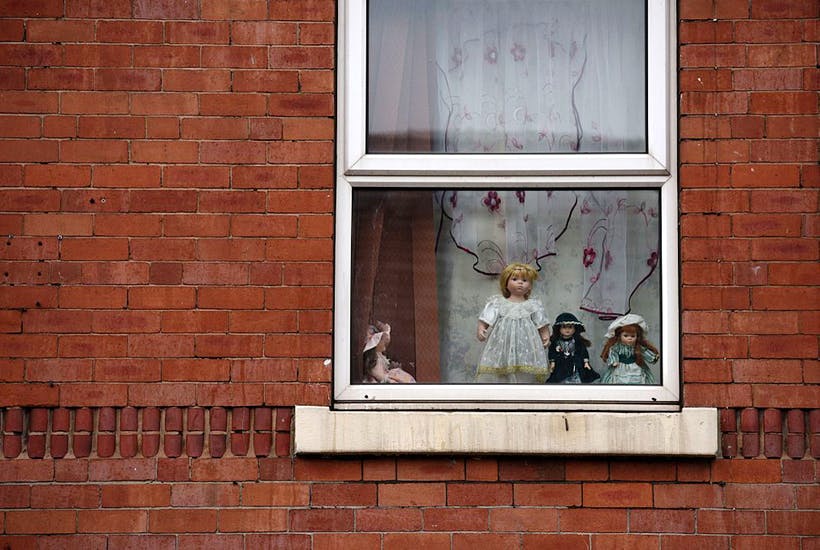Sorry, I don’t believe it. The Office of National Statistics has concluded that one in five adults was abused as a child. That’s right; a fifth of us, or 8.5 million people.
The research used data from the Crime Survey for England and Wales; the Department for Education; the NSPCC and the National Association for People Abused in Childhood. And the aim is to “provide a more complete picture” of the scale of child abuse in England and Wales.
It’s all powerfully reminiscent of a similar body in Ireland, One in Four, based on the premise that an even bigger percentage, a quarter of us, are survivors of some variety of sexual abuse. (Its founder, Colm O’Gorman, was repeatedly assaulted by a priest.)
The ONS arrived at its findings by the simple device of expanding the definition of abuse to the point where it embraces practically anyone. The figures include emotional, physical and sexual abuse as well as violence, which, it seems, includes threats and belittlement as well as rape.
This, I’d say, dilutes the concept of abuse beyond the point at which it’s actually useful.
As a parent, I may say I resort to threats of the most extreme kind in order to get my children to eat their breakfast/get off the computer/get home on time/mind the road.
As a child, I was subjected to physical violence from nun teachers – clerical abuse! – in the way of getting slapped or threatened with a slap. I recall one nun who would sit in her chair and articulate through nearly closed lips in a strong Cork accent the words: “If I get up out of this chair, I won’t be responsible for what I’ll do to you”.
She wouldn’t have got away with it now. She was still a brilliant teacher; the nun who slapped me (justifiably) was way more devoted to her pupils than any lay teacher I ever had.
This is not to say emotional abuse doesn’t happen and isn’t damaging. It’s not to say parents can’t be cruel and do lasting harm to their children by belittling them. It’s not to say being bullied as a child doesn’t leave permanent scars on the psyche, because it does. All of us can think of examples of people whose self confidence has been undermined by horrible parents, teachers or, more often, classmates; certainly I can.
But expanding the concept of abuse to the point where it could comprehend practically any disagreeable childhood experience dilutes it to an unhelpful degree, to the point where you cease to have a language and terminology to describe stuff like rape, sexual assault or life-threatening neglect.
On the same page of one newspaper in which the NSPCC research was reported, there was a terrible description of the condition of young girls in Manchester who were raped and sexually exploited by Asian men in the early 2000s. One victim, Victoria Agoglia, eventually died at the age of 15 after being injected with heroin by an older man. This horrific catalogue of abuse has come to light only a few years after the Rotherham scandal – in which up to 1,400 children were sexually exploited – emerged.
That is abuse. That is sexual exploitation. That is violence. But if we’ve exhausted our vocabulary of indignation and censure by spending it on cases of sarcasm and emotional blackmail it leaves us with nowhere to go to do justice to the horrors these girls had to undergo.
The ONS means well, obviously. But it’s not doing any favours to anyone to turn one in five of us into victims.







Comments